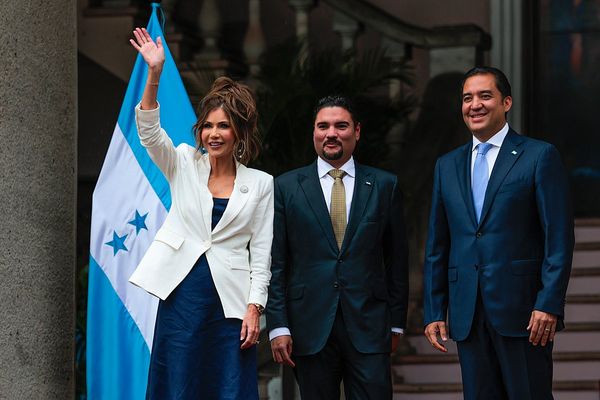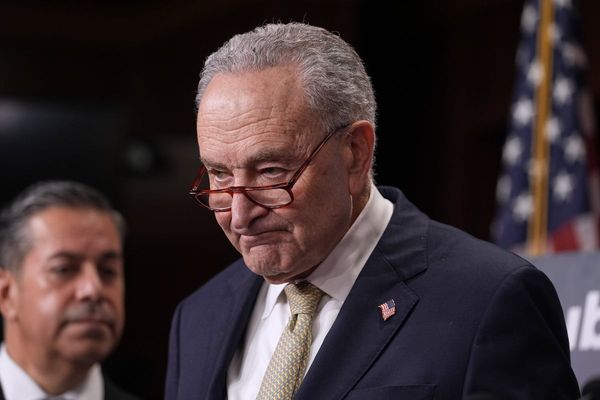
Actor Issey Ogata subtly expressed the comical sensibility and plebeian psyche of mangaka Rakuten Kitazawa (1876-1955) in the new film "The Manga Master," which portrays the life of the man known as "the founder of modern manga" around the time of the Pacific War.
Kitazawa was active for many years from the Meiji era (1868-1912) to the Showa era (1926-1989) but faded into obscurity after the war. Ogata portrays the sorrows of the mangaka.
Kitazawa greatly contributed to the wide public awareness of manga by drawing satirical cartoons and comical depictions of everyday life for newspapers and magazines. He is believed to have been the first person in Japan to make a living as a mangaka.

In 1943, during the Pacific War, Kitazawa became the chair of a manga organization that cooperated in the prosecution of the war. Having been elevated as a great master in the industry though, Kitazawa, as depicted by Ogata, was in fact regarded as old-fashioned by many younger artists. The story unfolds with scenes from his youth, when he aspired to be a mangaka and pursued his original expression.
The movie's tagline puts it harshly: "I've been drawing with the times, and now I am forgotten by the times."
"I think there were loads of people like that back then," said Ogata. "Kitazawa did it for the good of the public, but when times changed, the public turned and started to lash out at him."
In his early life, Kitazawa also became involved with powerful figures. Following the High Treason Incident of 1910, in which anarchists and others were executed, he burned letters from a friend who was involved in the case, exposing his timidity.
"He was no big shot, just a common man. He's like a commoner and an artist at the same time. In other words, a consummate vulgarian who cannot eliminate his internal desires," Ogata said, describing Kitazawa. The actor expressed the humane humor emanating from an aging Kitazawa. Ogata's performance exhibits his true value as an actor.
The scene in which Kitazawa faces a censor in a small room of the then Home Ministry is filled with tension. The censor is played by Takuo Inari, an actor notable for his work in the Gekidan Karagumi theater company. Kitazawa has been asked to comment on the work of other mangaka, but instead, the talk turns to artistic theory.
Kitazawa stresses, "Manga has nothing to do with trends, times or systems." But when the censor asks him, "So what about you?" he suddenly loses his eloquence.
Saddled with internal contradictions, "when Kitazawa is pushed to the wall, it is almost impossible [for him] to talk about life," Ogata said in describing the mangaka. The actor depicted Kitazawa's wavering emotions like condensed "extracts." He depicted the mangaka as a plebeian.
Born in 1952, Ogata has appeared in domestic films and productions in which he collaborated with foreign directors, including Alexander Sokurov for "The Sun," leaving a record of impressive performances. However, the core of his career has always been one-man plays.
The actor often plays everyman characters, shaking the emotions of the audience. Ogata is constantly aware of the times, he said. "There is no escape from the times. How people vacillate can only be considered within the times."
Ogata has played a young person who can't use a smartphone, another person who is ignorant of information and still another who misses the trends. He chose such characters because "through these characters, I can understand what kind of times we're living in."
Ogata also believes "the times" are the shadow protagonist in this film.
"The public always goes along with the times. We have to have a public perspective -- not purely a right or wrong one," said the actor.
Without it, it is hard to understand society. The masses make the times, and the times make the masses.
"The Manga Master" is currently showing at Eurospace in Shibuya Ward, Tokyo, and Nagoya Cinematheque in Nagoya. It is scheduled to be shown at Dainana Geijutsugekijo in Osaka from Feb. 1.
Read more from The Japan News at https://japannews.yomiuri.co.jp/







